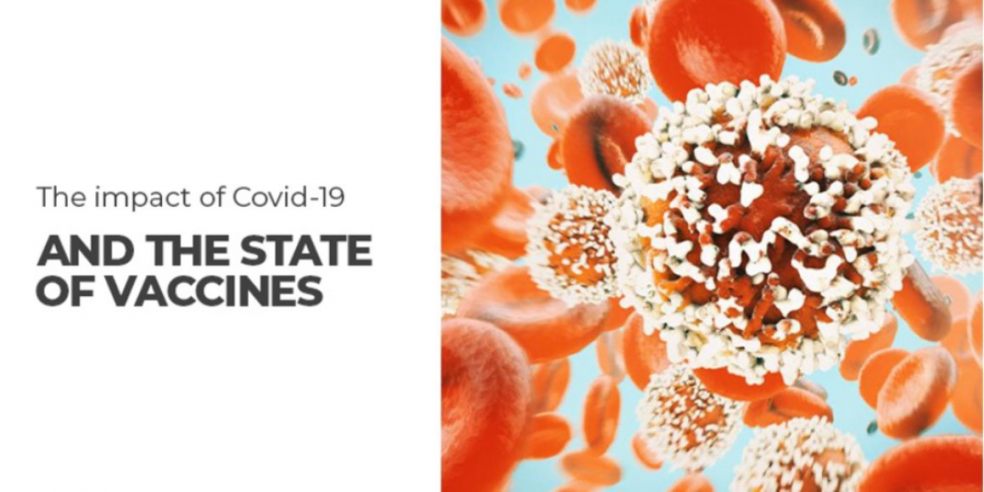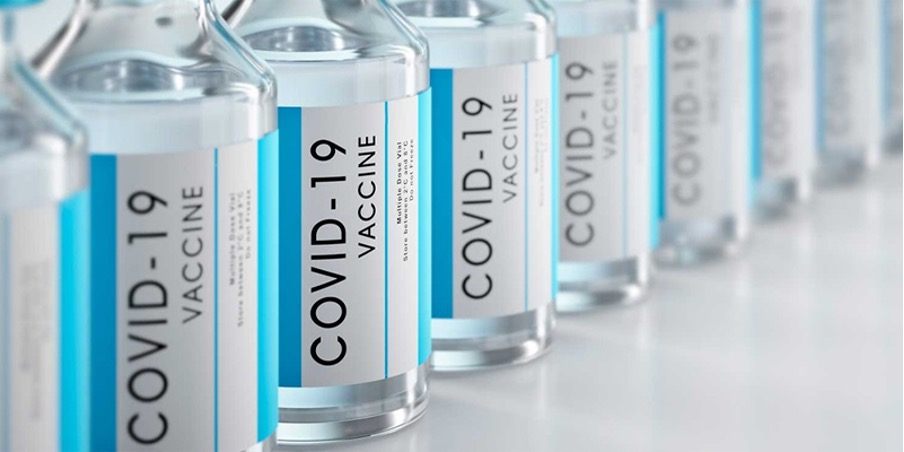
The impact of Covid-19 and the state of vaccines
Covid-19 was first reported in Chinese media on December 31, 2019, and it has fundamentally changed how we live our lives. Coronavirus gripped the entire world in just a few short months, and nothing has since been the same. Covid-19 is unlike anything else we’ve ever seen, and we were not prepared for it. It has been one of the most contagious diseases to date, and it is hard to contain once it starts to spread. It has upended our lives and forced us to reimagine social and work habits. Remote engagements have skyrocketed, and people are encouraged to work from home. All this is expected to continue until enough people are made immune against the virus. Mass vaccination has, therefore, been the focus of all interest.
Our new normal includes homeschooling, working from home, and only being able to connect with loved ones through screens on our computers and phones. Schooling has been severely disrupted, and many educators fear that it will have a lasting impact for years to come. The elderly have been forced to shelter, and families are not permitted to visit them in care homes. The elderly tend to experience loneliness as it is, and the pandemic has made it a lot worse. People all across the age groups have been kept from socialising, and that has taken a toll on mental health.
The impact of Covid-19 has not just been limited to the social sphere; it now extends well beyond it and impacts the economic well-being of the society as well. Lockdowns and their subsequent impacts have cost many people their jobs and means of sustenance. As a result, the pandemic has altered our lives significantly, resulting in adverse consequences, particularly for those at the bottom end of the socioeconomic ladder.
For many who have weathered this disruption and uncertainty, Covid-19 vaccinations are a light at the end of a very long and dark tunnel. Mass vaccination is underway all across the world, including the UK, and people are putting their faith in it as a way of getting back to what life used to be. It’s remarkable how quickly vaccines have been developed and the kind of difference they are making.
Vaccines in the UK

In the UK, three vaccines are currently being used:
• AstraZeneca-Oxford
• Pfizer
• Moderna
Oxford-Astrazeneca is an adenovirus-based vaccine, and has an effectiveness rate of about 76 percent. On the other hand, Pfizer-BioNTech and Moderna are mRNA-based vaccines, and have effectiveness in excess of 90 percent. These vaccines prepare the body’s immune system by creating antibodies to fight off disease. If the real virus later enters the body, the immune system will be equipped to fight it off.
To curb the spread of Covid-19, requirements for air travel have also changed. Along with the usual passports and Visas, a new requirement now is a Fit-to-Fly Certificate. The Fit-to-Fly certificate ensures that you are not infected with Covid and are not a risk to your fellow travellers and to people where you want to travel. iQ Doctor’s easy to take Covid 19 Home Test Kit can be used to determine whether or not you have the virus in your body.
Antibody Testing Kits are available online from iQ Doctor — a registered British online pharmacy. Following the instructions on the packaging, you can administer the test at home.
Vaccine Availability and Covid-19 Prevention Alternatives
Even with the rapid vaccination drive all across the planet, it is clear that not everyone will get their vaccine shots right away, and herd immunity is, therefore, going to take some time. As a result, we must continue to rely on alternative preventative habits and measures.
Handshakes and hugs have become more cautious; masks have become a wardrobe essential, and we keep our distance and are more conservative everywhere we go. Covid-19 has taught us to wash our hands more frequently, take better care of our hygiene, and develop new travel habits. We must continue to practise these behaviours until herd immunity is reached. Increased awareness is the most effective strategy to combat the virus until a vaccine is developed.
If you must go out, keep at least one metre between you and the people around you, and avoid crowded indoor areas. Without recognising it, people routinely touch their face, eyes, and nose. Germs can get on our faces and into our bodies through our food if we don’t wash our hands. This can be avoided by washing your hands. It has been shown to effectively prevent respiratory infections by a margin of 21%. If water isn’t available, sanitisers — preferably with a 60 per cent alcohol concentration — can be used instead.
You can assist in limiting the virus’s transmission and infection risks by incorporating these practices into your everyday routine. You should consider buying and using the Covid 19 Home Test Kit occasionally to remain certain that you are not infected for your own peace of mind.
As we understand more about the virus, how it works, and how to remain safe, the guidelines and recommendations continue to change based on the best available evidence. It can be difficult to keep track of what to do and what not to do, but it is critical to understand how the virus is transmitted so that we can remain ahead of the spread.
When an infected person coughs or sneezes, the virus is released as vapour droplets into the air. When the droplets land on surfaces such as doorknobs, handrails, and other individuals, they are breathed in or carried in through touch. Therefore, in social situations, we should always wear masks.














